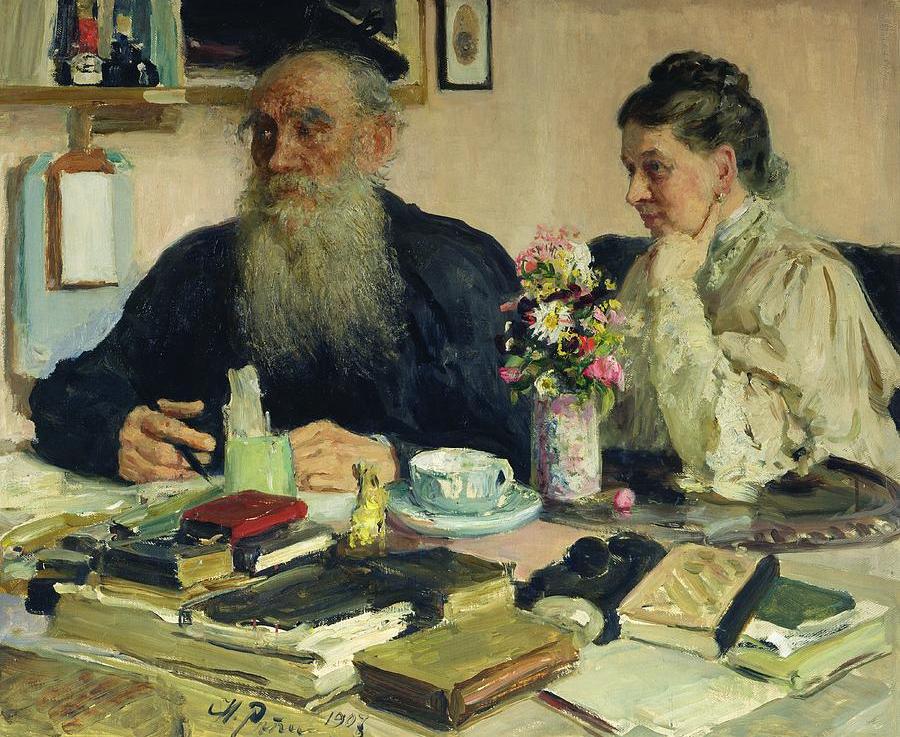A long, pained decade of crudely administered austerity medicine after the global financial apocalypse of 2008 has left opulent scars on academia. Fewer students today choose to embark upon the study of humanities and, specifically, literature, than ever before in history of democratized access to education in the West. Countless pearls of our common literary heritage are lingering untasted and untested, all the while the increasingly dwindling number of PhDs, associate profs, fellows, and other knights of assorted regalia continue firing off essays, articles, and books that even fewer leaf through. It’s bleak and it sucks, and while the fine craft of belles lettres is ghosted by policy-makers who robotically herd the young’uns into science, tech, engineering, and maths, we’ve got Elif Batuman, her golden feather pen, and the kind of unwilting love of literature that makes one miss grad school with its all-nighters, caffeinated seminars, ulcers, halitosis, and overdue library books.
Elif Batuman takes us on a journey of her Russian literature studies, with some quintessentially academic self-congratulatory circle-jerking, plenty of beautifully phrased intertextual tapestry of Tolstoy, Babel, and Dostoyevsky, and a curious passeggiata through mythical Uzbekistan (birds, melons, and Timurids galore). In an inadvertent nod to the hilarious father of the campus novel genre David Lodge, much of all this literary analysis with the side of Derrida is steeped in a grad school cocktail of beer-cigarettes-infatuation. Like billiard balls, these academic pilgrims stumble into bits and morsels of knowledge, beautiful and fragile, holding it “like a Christmas ornament without a Christmas tree.” Not in vain:
“If I could start over today, I would choose literature again. If the answers exist in the world or in the universe, I still think that’s where we’re going to find them.”
Elif Batuman, The Possessed
In order to find these answers, Batuman’s character first needs to answer the two fundamental Russian problems (“What is To Be Done?” and “Who Is To Blame?” of course). She also has to figure out, after all these linguistic, literary, and logistical acrobatics, What Is Russia? Sadly, she never does, her gaze always already corrupted by the kind of apologist lens Nabokov himself would get pissed about when confronting some Oxbridge Russophiles who waxed poetic over Bolshevism. It’s all fun and games when your character dreams about playing tennis against Tolstoy, but when it comes to truly unpacking the toxic sediment of imperialism, colonialism, and a plethora of other -isms of the Russian Empire/USSR, The Possessed bashfully skirts around the hard stuff, and traipses away. Maybe next time. As such, the original question still stands very much open, even after some very sincere epistemological exercises:
“I became aware of a deep flaw in my understanding of the world and human knowledge. I had previously thought of knowledge as a network of connections that somehow preserved and safeguarded the memory of what they were connecting. But of course it was only people who remembered things; words and ideas themselves had no memory.”
Elif Batuman, The Possessed
Words and ideas have no memory? The entire field of etymology (along with millions of post-colonial peoples of this planet) beg to differ. One shouldn’t fault Batuman’s character too harshly though. She is, after all, a student (and a bloody good one), passing the flaming torch to the next generation of curious spirits with appetite for learning and love of beauty. And that’s the point.
Image: Portrait of Tolstoy and Wife by Ilya Repin
